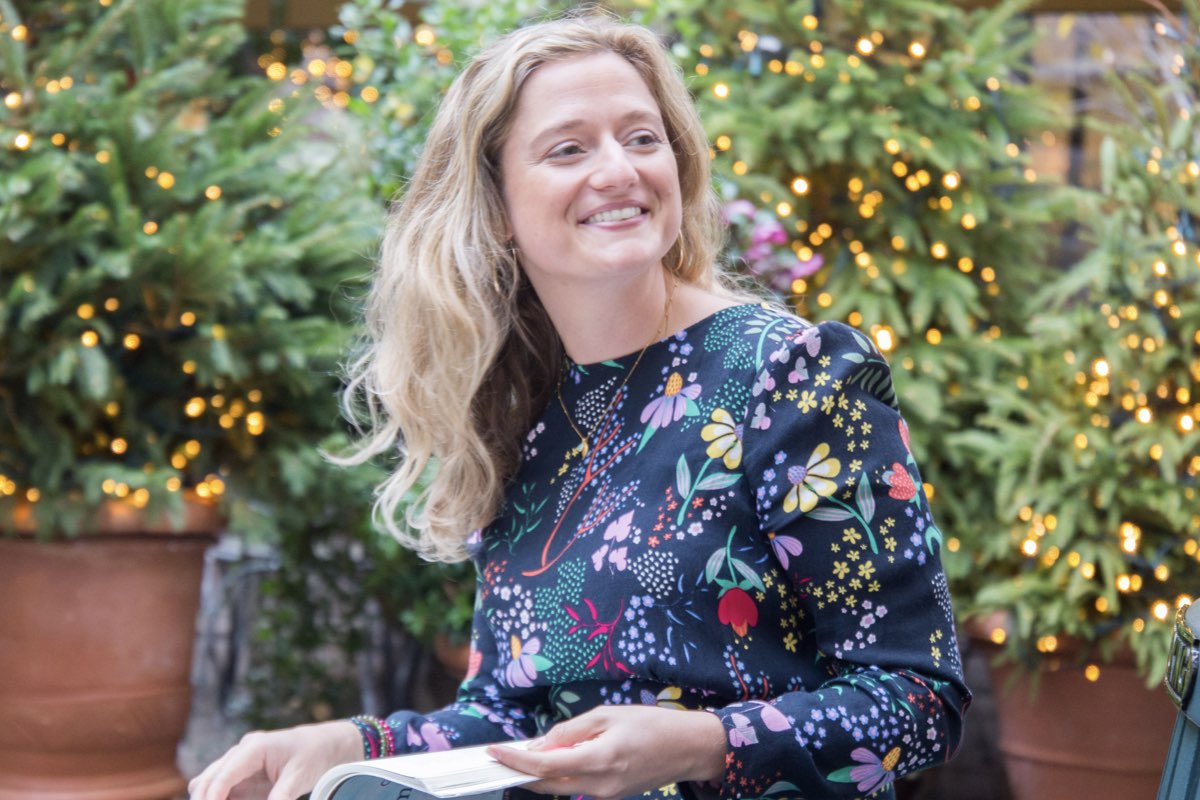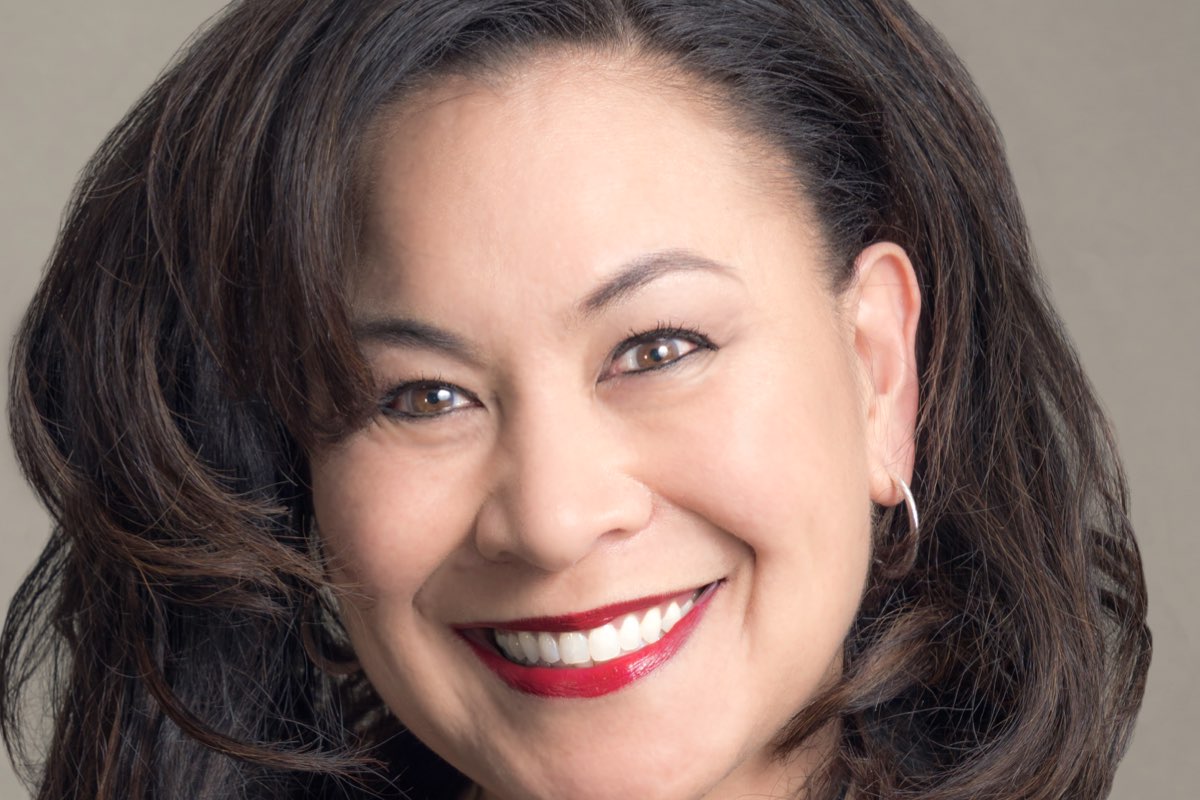At various stages of life, many of us find it helpful to turn to a professional like a therapist or a life coach. But knowing which expert can help with what isn’t always easy.
You could say therapy is more rigorous. There’s an extensive qualification process, often involving a PhD or doctorate, and while therapy forms can differ from concepts such as psychoanalysis and psychiatry, there tends to be a stricter regulatory process than with a life coach. Therapy tends to be long term, whereas life coaching can help focus on a particular issue at a particular point in time.
A life coach can have no qualifications at all (though can optionally take some) and plays a goal-orientated, emotionally supportive role, using techniques to help a client find a different path from the one they are on, whether concerning career or relationships. There is no ‘diagnosis’ from a life coach to a client.
If therapy seeks to understand behaviour, you could say that life coaching looks to change it as required.
Here’s the breakdown from the pros…
Career and life coach Danielle Brooker
“People tend to come to me once they’ve reached a stuck point in their careers, relationships or life itself. They want to feel more motivated and confident about what they want.
Maybe that’s meant they’ve had a burnout, or are just so busy they feel at a loss as to how to make a change. They’re tired of always feeling like they’re pleasing everyone else and they want to start putting themselves first.
They tell me things like they just want a new direction, to know they’re on the right path, to feel like they’re making decisions for themselves and not others, and to find balance in their lives.
I see myself as bringing in that outside perspective. So often when we’re feeling stuck, overwhelmed and stressed we’re so ‘in it’ we’re not seeing clearly. It’s like that feeling you get when your best friend tells you how much she hates her job, and you can instantly see how she could change things – but for her, at the time, it’s just not that obvious.

As a coach I’m here to guide you to start seeing things with fresh eyes, to challenge some of those assumptions you’ve been making about how your life ‘should be or what you ‘should’ be doing, and instead to tune into what you really want.
I’m also a pattern hunter. I help you see some of those automatic behaviour patterns that are keeping you stuck in a loop, once you know what you’re doing it gives you back all the power to change it. Different pattern, different result.
I honestly believe everyone can benefit from coaching. Importantly though, I can’t help if you don’t want to be helped.I’m pretty clear on that from the start.
I think sometimes we’re scared to reach out for support or guidance because we’re not sure what to expect. Coaching is experiential and everyone’s experience is unique.
A life coach and therapist can definitely be used alongside each other. They are both powerful tools for supporting you to move forward in your life and to understand yourself at a deeper level. It’s really up to the individual as to what feels best for me them.
I see coaching as a way to start with where you are, and to move you forward from point A to point B. We’d cover things like limiting beliefs that are holding you back and getting clear on what’s really important to you in life (and how you want to feel), so that decisions become easy. At times that’ll mean identifying a few patterns from your past, which is something therapy helps with too, however, it’s always with the intention of how can this support you now and move you forward.
I like to think of there being this little bridge that connects therapy and coaching. Sometimes as a coach I’ll be standing on the bridge with my client and there’ll be a tiny bit of overlap between the sides.
General advice is hard, but as a starting point, if you’re feeling completely at that crossroads right now, know that it’s completely normal. But it doesn’t mean you have to stay there. I think it’s about knowing that there’s a deeper root cause of you feeling the way you do right now. Our brains are literally wired for safety, which means there’s so many underlying fears going on that we’re not so aware of. Maybe you haven’t done anything different because you’re afraid it won’t work out, you’ll be judged, fail, or be seen as not good enough. Everyone has these thoughts. But you don’t have to believe them.
Try asking yourself ‘What’s this really about?’, or ‘How do I really want to feel in my life right now?’. When you know what it is you’re most afraid of, you’re better prepared to make proactive choices in how you respond to certain situations or decisions in your life, as opposed to continuing on autopilot mode.”
Organisational psychologist Antoinette Raymond, PhD
“I take a people-centric approach to business transformation, helping to construct the behaviours, strategies, cultures and commercial practices that pivot organisations and people to compete, succeed and thrive.
Many of my clients are strong, executive women who are running and leading large companies, departments or change efforts. They’re all incredibly smart, strong and resilient women who need a safe environment to explore ideas, vulnerabilities and ambitions – as well as creative solutions, practical help, support, objectivity and a political and cultural strategy.
Sometimes, I would recommend other routes of professional help, depending on what the individual truly needs. These include a psychiatrist, clinical psychologist, licensed therapist/psychotherapist or a specific topical trainer/coach (like presentation training or expertise).

A life coach and therapist can absolutely be used alongside each other. The most important characteristic for any therapist or coach is that they know what they know and more importantly, what they don’t know. So, even though I have a PhD in psychology – I am not a licensed therapist. There are times when people need more clinical and therapeutic support (for clinical diagnosed issues, depression, borderline personality disorder and so on) and that’s when trained clinicians are critical.
What I am good at is supporting and training people in raising their awareness, building skills, and creating processes to more their thinking, behaviours, their people and their businesses forward. The emphasis is on building their satisfaction and success – however that may be defined by them.
My advice for people struggling is don’t be afraid to ask for help. This is NOT a sign of weakness. We all need help at different times in our life. So, reach out. Talk to someone. Ask questions. Journal to start capturing and organising your thoughts. You don’t need to struggle alone.”
Get your weekly DOSE fix here: SIGN UP FOR OUR NEWSLETTER
















